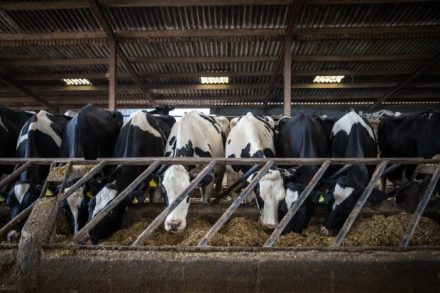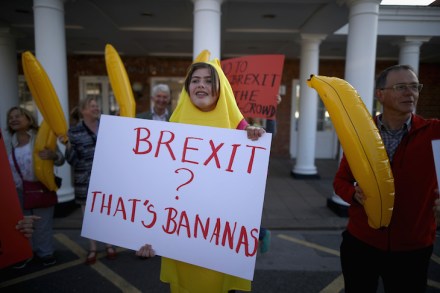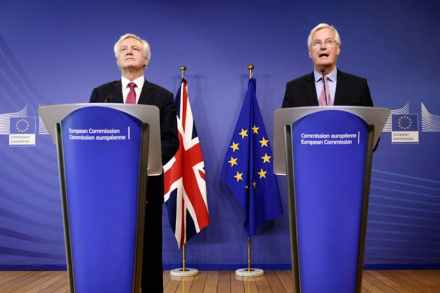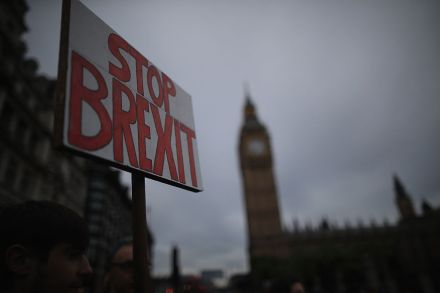Last summer, feminists defended the burkini. Will they now defend the bikini?
If there was a buzzword from last summer then it was surely ‘burkini’. The media got its swimsuit in a twist over France’s decision to ban the Islamic garment from its beaches. Slow-witted Anglophone columnists – many of whom have a curious predilection for insulting the French – lapped it up and enthusiastically portrayed Islam as the victim of Gallic oppression. Those trusty custodians of liberal values, the Guardian and the New York Times, got particularly worked up, the former declaring in an editorial that ‘women’s right to dress as they feel comfortable and fitting should be defended against those coercing them into either covering or uncovering.’ The New York Times quoted Marwan Muhammad,





















